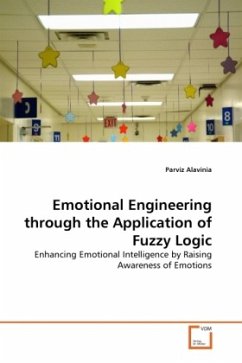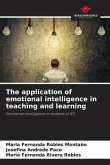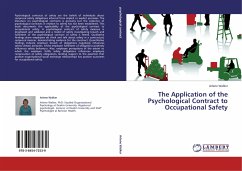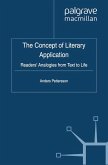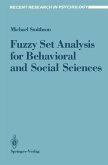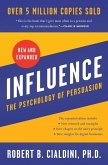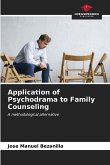Though the emergence of the evolutionary theory of emotional intelligence goes back to not more than a couple of decades ago, a plethora of various investigations from manifold neighboring disciplines have been targeted, to date, toward this burgeoning realm of knowledge. Yet, as a brief glance through the not-so-long-lasting history of EQ-oriented investigations reveals, the whole body of research in the area falls within either descriptive or exploratory planes as far as the implications of such a construct are concerned. What seems to have received quite scant attention among the surfeit of investigations in this area is what the researcher has referred to as the viability of emotional intelligence enhancement, and to adopt the researcher's devised term, the feasibility of emotional engineering. The means to this end is the investigator's innovative modus operandi that aims at raising the individuals' awareness of emotions and mainly draws on the tenets of fuzzy logic. Finally, as the findings of the study point toward considerable gains in emotional enhancement, more studies of the kind are clamored to further scrutinize the viability of emotional engineering.

